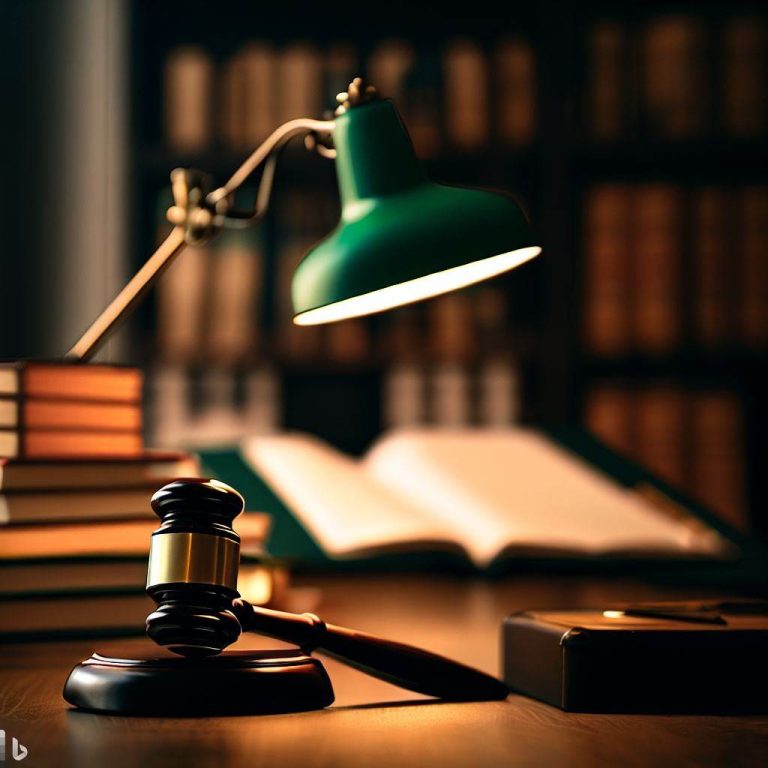Choosing an Estate Planning Lawyer: Your Guide to Making the Right Decision
Table of Contents
Introduction
When it comes to safeguarding your assets and ensuring your loved ones are taken care of after you’re gone, choosing an estate planning lawyer is a pivotal first step.
It’s not just about distributing wealth; it’s about peace of mind, understanding complex legalities, and crafting a plan that resonates with your wishes. In this guide, we’ll delve into the importance of legal advice, when you should consider consulting an attorney, and the debate between DIY vs. professional planning.
The Role of an Estate Planning Lawyer
Estate planning lawyers are like the conductors of an orchestra, ensuring every instrument (or asset, in this case) plays its part perfectly. They help draft wills, set up trusts, and ensure that your assets are distributed according to your wishes.
More than that, they provide the invaluable service of peace of mind. Knowing that your estate is in the hands of someone who understands the legal intricacies can be a significant relief.
DIY vs. Professional Planning: The Great Debate
The internet is a treasure trove of information. Type in “estate planning,” and you’re bombarded with templates, tools, and tutorials. But here’s the catch: while these tools can give you a head start, they can’t replace the nuanced advice of a seasoned lawyer.
It’s like using a map app for a local tour. Sure, it’ll show you the way, but will it tell you the stories behind those ancient walls or the best spot to get a panoramic view? Similarly, a DIY tool might help you draft a will, but can it advise you on tax implications or potential disputes?
When to Consult an Attorney
Life is unpredictable. One day you’re buying your first car, and before you know it, you’re looking at retirement plans. Key life events—marriage, the birth of a child, buying a home, or even starting a business—can all trigger the need for estate planning.
And while it’s never too early to start, there are moments when legal expertise isn’t just recommended; it’s essential.
Key Factors to Consider When Choosing Your Lawyer
Choosing a lawyer is a bit like dating. You’re looking for compatibility, trustworthiness, and a connection. Here are some things to consider:
- Experience and Specialization: Would you ask a dentist to perform heart surgery? Probably not. Similarly, ensure your lawyer specializes in estate planning.
- Reputation and Reviews: Word of mouth still holds power. Check reviews, ask friends, and don’t shy away from asking a potential lawyer for references.
- Communication Style: You want someone who’ll explain things without the legal jargon, someone who’ll answer your calls and make you feel valued.
- Fee Structures: Money talks. Ensure you understand how your lawyer charges, whether it’s a flat fee, hourly rate, or a combination.
Questions to Ask Potential Lawyers
When you’re sitting across from a potential lawyer, it’s easy to get overwhelmed. Here are some starter questions:
- What’s your experience in estate planning?
- How do you handle changes in the law?
- Can you provide references?
- How do you charge for your services?
The Lighter Side: Humorous Anecdotes from the World of Estate Planning
Did you hear about the man who left his entire estate to his pet goldfish? Or the woman who bequeathed a treasure map as her will? Estate planning has its share of quirky tales.
While these stories bring a chuckle, they also highlight the importance of clear, legally sound documents.
The Subtle Art of Blogging About Estate Planning
On a side note, if you’ve ever thought about sharing your estate planning journey, why not start a blog? It’s 2023, and with AI tools making things easier, blogging can be both therapeutic and profitable.
Share your experiences, your learnings, and who knows, you might just become the next internet sensation!
Conclusion
Choosing an estate planning lawyer is a decision that requires thought, research, and a bit of gut instinct. It’s about ensuring that your legacy, your assets, and your wishes are in safe hands.
So, take your time, ask the right questions, and make a choice that brings you peace of mind.
Frequently Asked Questions
Are there specific certifications I should look for in an estate planning lawyer?
Yes, while a law degree is a given, look for attorneys who also have additional certifications in estate planning or tax law. It indicates a deeper specialization in the field.
How often should I update my estate plan with my lawyer?
Ideally, review your estate plan every 3-5 years. However, significant life events like marriage, divorce, birth of a child, or major financial changes warrant an immediate review.
Is it more expensive to hire a specialized estate planning lawyer than a general lawyer?
While specialized lawyers might charge a premium due to their expertise, in the long run, their knowledge can save you money by avoiding legal pitfalls and ensuring tax efficiencies.
Can I draft my own will and then have it reviewed by a lawyer?
Absolutely! Many people draft a basic version of their will and then consult a lawyer for fine-tuning and ensuring it’s legally sound.
How do I ensure that my digital assets are also covered in my estate plan?
Great question! Digital assets like social media accounts, online banking, and even digital currencies are becoming increasingly important.
Ensure you discuss these with your lawyer and include them in your estate plan.
What exactly is estate planning, and why is it so crucial?
Estate planning is the process of organizing and managing your assets to ensure they’re distributed according to your wishes after your passing.
It’s essential because it provides clarity, reduces disputes among beneficiaries, and can offer tax advantages.
I’m not wealthy. Do I still need an estate planning lawyer?
Absolutely! Estate planning isn’t just for the wealthy. It’s about ensuring your assets, no matter how big or small, go to the right people or causes and are not caught up in legal complications.
How does the process of estate planning with a lawyer typically work?
It usually starts with a consultation where the lawyer understands your assets, liabilities, and wishes. They’ll then draft necessary documents like wills or trusts.
Once you review and finalize these, they’re legally executed.
Can I just use an online template for my will?
While online templates can provide a basic structure, they might not cover specific nuances or legal requirements of your state.
It’s always best to consult with a professional to ensure your will is comprehensive and legally sound.
What’s the difference between a will and a trust?
A will is a document that outlines how you want your assets distributed after your death.
A trust, on the other hand, places your assets under the management of a trustee for the benefit of beneficiaries and can operate before and after your death.
How can I ensure my children are taken care of if something happens to me?
In your estate plan, you can appoint a legal guardian for your minor children. This ensures they’ll be cared for by someone you trust.
Are there any assets that I can’t include in my will?
Certain assets, like life insurance or retirement accounts, typically pass directly to the named beneficiary and aren’t dictated by a will.
It’s essential to keep beneficiary designations updated for these assets.
What happens if I die without a will or estate plan?
If you pass away without a will (intestate), state laws will determine how your assets are distributed.
This might not align with your wishes and can lead to prolonged legal processes for your loved ones.
How often should I revisit my estate plan?
It’s a good practice to review your estate plan every 3-5 years.
However, significant life events like marriage, divorce, birth of a child, or major financial changes should trigger an immediate review.
Can estate planning help reduce taxes for my heirs?
Yes, with proper planning, you can minimize the tax burden on your heirs.
Strategies like gifting, trusts, or charitable donations can be beneficial. Always consult with your lawyer and financial advisor for tailored advice.
I have a family member with special needs. How can I ensure they’re provided for?
You can set up a special needs trust as part of your estate plan.
This ensures they receive the care and support they need without jeopardizing their eligibility for certain public benefits.
What’s the role of an executor, and how do I choose one?
An executor is responsible for carrying out the wishes outlined in your will, settling debts, and distributing assets.
Choose someone trustworthy, organized, and preferably familiar with legal and financial matters.







